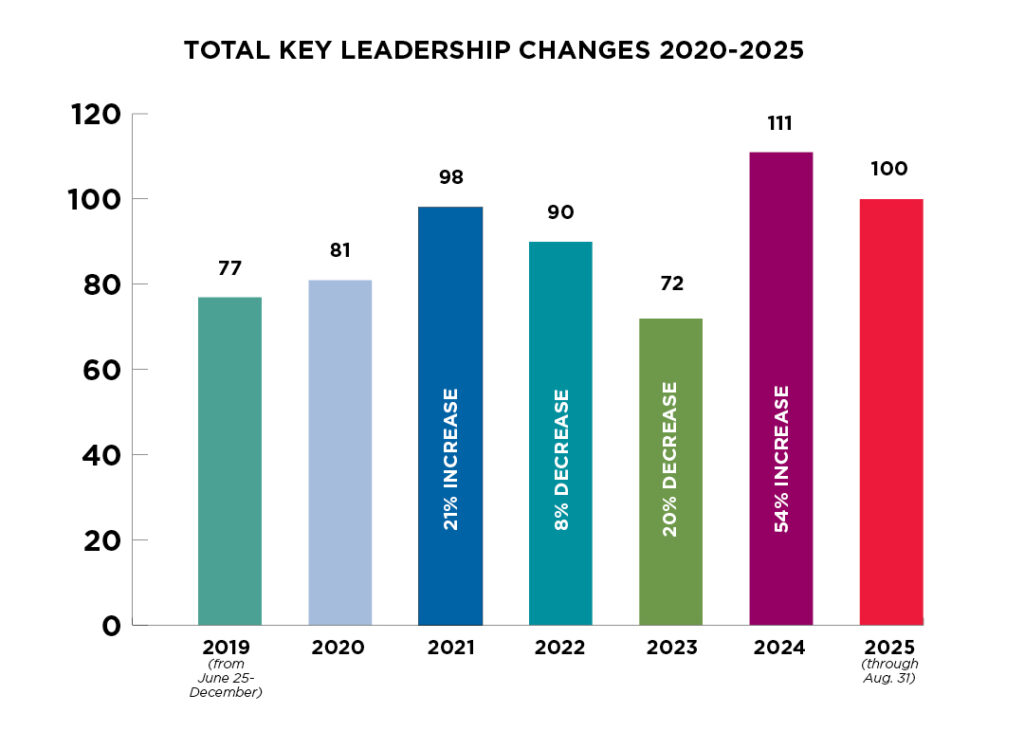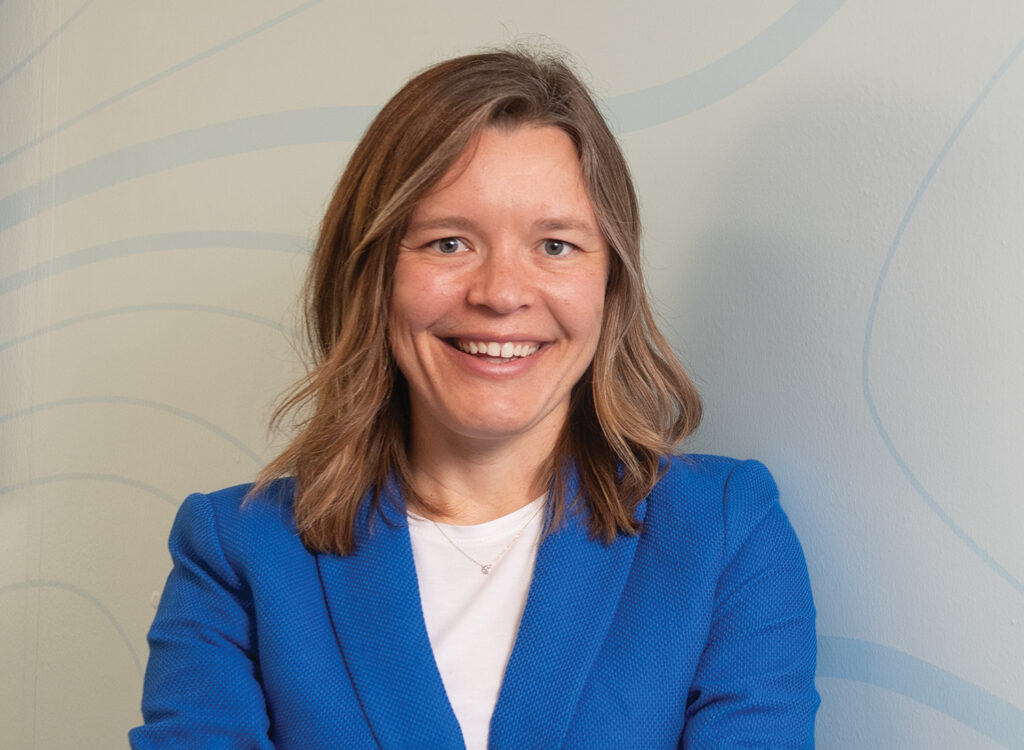The Elbert Files: Lawyer unwinds red tape

Des Moines immigration lawyer Marina Grabchuk is motivated by her own family’s story. She was 7 years old when her Ukrainian homeland broke off from the Soviet Union and 13 when she arrived in the United States with one pair of shoes and a single pair of socks.
Following the collapse of the Soviet Union in 1991, there was a brief period of hope in her native Ukraine before an economic depression and political instability unwound the progress.
Grabchuk’s father, an engineer, was unable to find employment in his field and opened a small photography business.
Stanislav Grabchuk struggled because “he wasn’t about to become part of the corrupt system,” Marina Grabchuk said. “My Dad was an honest guy.” The family decided to leave the country. “We had no idea how long we were going to be gone, where we would end up or what would happen,” Marina said.
But it wasn’t easy. In mid-1997, they applied to the U.S. Department of State for visitor visas. Stanislav received one with a three-year travel window, but Marina and her mother were denied. Marina reapplied at the end of the year and received a six-month visa. On, March 20, 1998, 13-year-old Marina and her father were taken in by friends in Seattle, where they learned they could apply for asylum.
Nearly two years later, asylum was granted, allowing them to apply for Lawful Permanent Resident status (green cards), which they did the following year. They also launched efforts to bring over Marina’s mother and an older sister.
Nearly six years passed before their green cards arrived. By then, Marina’s mother and sister were here. In Seattle, Stanislav worked menial jobs — often two or three jobs simultaneously, washing dishes, cleaning mobile homes and such.
Marina worked her way through high school and college, graduating from the University of Washington in 2006 and receiving a law degree from the University of California in 2011, one year after she had became a naturalized citizen.
Her legal specialty was helping others negotiate the often-tortuous path to U.S. citizenship. She worked in Seattle for 2½ years before being recruited to Des Moines in 2014. In June, she joined Belin McCormick as the firm’s first immigration specialist. The Belin firm created the position, explained partner Steven Zumbach, because immigration in Iowa today is as important to the economy as it was during the late 19th century when his own family arrived from Europe.
Decades of brain drain have left the Midwest in need of workers with technical, medical and scientific skills that are not available in proportion to the need, he said. Meanwhile, conditions in Eastern Europe and Asia have created a supply of skilled workers who would love to be here.
Matching supply with demand has become increasingly difficult. In one recent case, she said, a client was looking for a finance executive with special skills. “After looking everywhere, they identified the right talent in Europe,” she said.
Typically, the individual would apply for one of the 65,000 H-1B visas randomly selected and granted annually to educated foreign workers. But there are far more applicants than visas, including 236,000 for the fiscal year 2017.
Grabchuk got creative and applied for an O-1 visa, which is typically given to those with special skills in science, art and education. Normally a finance exec. would not apply for an O-1 visa, but she found a compelling argument that worked.










